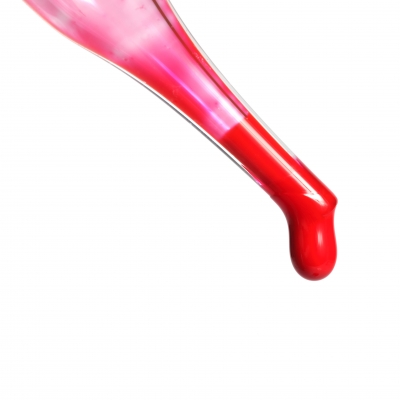Foods Banned in Other Countries, But Allowed in the U.S.

Did you know many foods you eat are banned in other countries? Here are five foods banned in various countries, but still allowed in the U.S.
#1 Farm Raised Salmon
Farm raised salmon are raised on a diet of grains, antibiotics, and synthetic chemicals not shown to be safe for human consumption. Farm raised salmon has been banned in Australia and New Zealand. Stick to wild salmon whose pinkish-red color comes naturally from carotenoids in their diet for heart healthy omega 3’s.
#2 Trans Fats
There are both naturally occurring and artificial trans fats. The majority of trans fats we consume are artificially produced during the industrial process to make liquid oils more solid (ie partially hydrogenated oil). Trans fats extend shelf life and enhance food flavor and texture. Trans fats are linked to increased heart disease risk. Banned in Denmark, Austria, and Switzerland. US companies have until 2018 to remove trans fats from their products.
#3 Artificial Colors Dyes
Thousands of preservatives, colors, and flavorings are added to US food. Artificial colors, such as yellow 5, yellow 6, and red 40, have been linked to behavior problems, as well as cancer and birth defects in lab animals. Banned in Norway and Austria. Most foods in the European Union containing food dyes must include a warning notice.
#4 Olestra
Olestra, also known as Olean, is a fat substitute containing no fat and cholesterol. Created by Procter & Gamble, it is used in fat-free snacks, such as chips, and French Fries. A 2011 Purdue study found rats gained weight eating olestra containing potato chips. Reported adverse reactions to olestra include diarrhea, leaky bowels, and cramps. Allowed in the U.S. Banned in the UK and Canada.
#5 rBGH in Dairy
Recombinant bovine growth hormone (rBGH) is an artificial hormone injected into dairy cows to increase milk production. This is currently an allowed practice in the United States….banned in approximately 30 other countries, such as Canada, Japan, Australia, and the European Union. rBGH is potentially linked to increased risk for cancer.
Are you ready to make positive changes to your diet and lifestyle? Access strategies for success in the report How to Make Heart Healthy Changes into Lifelong Habits at http://hearthealthmadeeasy.com.
Lisa Nelson RD
Health Pro for HealthCentral
Image courtesy of Keattikorn at FreeDigitalPhotos.net



